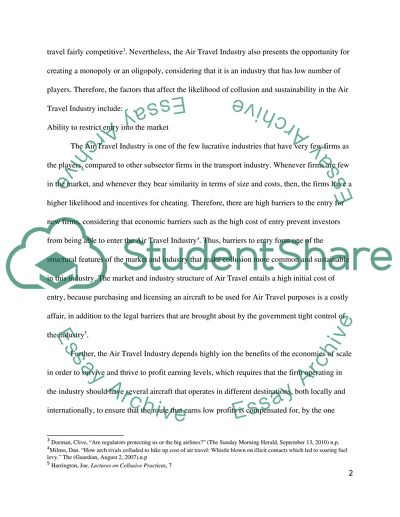Cite this document
(“The factors that affect the likelihood and sustainability of collusion Essay”, n.d.)
Retrieved from https://studentshare.org/macro-microeconomics/1491957-the-factors-that-affect-the-likelihood-and
Retrieved from https://studentshare.org/macro-microeconomics/1491957-the-factors-that-affect-the-likelihood-and
(The Factors That Affect the Likelihood and Sustainability of Collusion Essay)
https://studentshare.org/macro-microeconomics/1491957-the-factors-that-affect-the-likelihood-and.
https://studentshare.org/macro-microeconomics/1491957-the-factors-that-affect-the-likelihood-and.
“The Factors That Affect the Likelihood and Sustainability of Collusion Essay”, n.d. https://studentshare.org/macro-microeconomics/1491957-the-factors-that-affect-the-likelihood-and.


